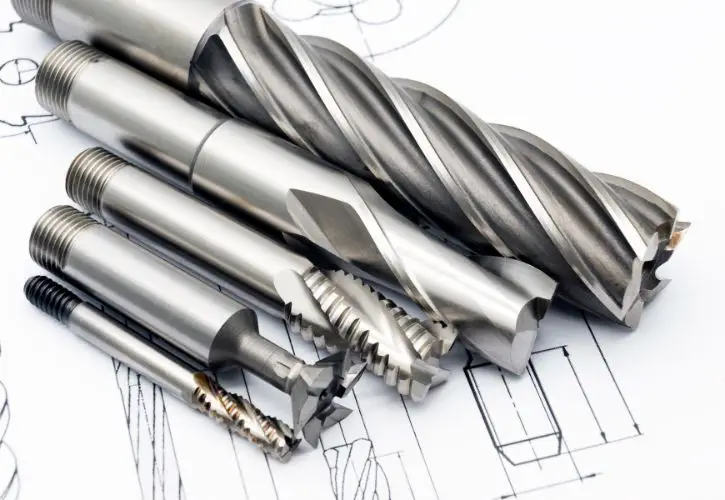Rework wastes material, adds time to your project, raises costs, and lowers team morale. Discover some helpful tips for reducing rework in construction.
Successful construction projects require meticulous planning and the right tools. Rework is a problem that can cause significant delays and increase costs.
Rework occurs when completed work needs to be redone due to inconsistencies, deviations from the plan, or errors. Use these essential tips for reducing rework in construction to ensure things are done correctly the first time.
Use the Right Tools
Standard tools can perform various tasks, but don’t shy away from getting specialized tools as needed for the project. Investing in the proper tools for each job makes a difference in your work’s quality and accuracy, improving your bottom line.
For example, using the appropriate drill bit ensures cleaner holes and helps prevent damage to the surrounding material. You can use HSS drill bits on wood, plastic, and softer metals, but you should use carbide drill bits for concrete and other tough masonry.
Apply Robust Quality Controls
Another tip for reducing rework in construction is to apply robust quality controls. Quality control is a systematic approach to assessing materials and handiwork at various stages to identify potential problems. Catching errors and inconsistencies early on can prevent the need for extensive rework.
Create a precise quality control checklist that outlines what’s crucial for the task. Define expectations regarding coding standards and the design plan. Inspect completed work to ensure it meets all relevant standards.
Prioritize Skill Development
Finally, worker competency greatly affects how often you need to perform rework. Inadequate training or experience makes rework more likely.
Training and skill development regarding construction techniques, safety protocols, and using tools and equipment can reduce rework incidents and improve worksite safety. Refresher training reinforces skills and knowledge. In contrast, ongoing training ensures workers stay updated with the latest trends and skills. Both options enhance performance and reduce the chance of errors that lead to rework.
Using the right tools, applying robust quality control measures, and continuously developing workers’ skills improve construction quality. These efforts help your team meet deadlines, stay within budget, and deliver high-quality results.

